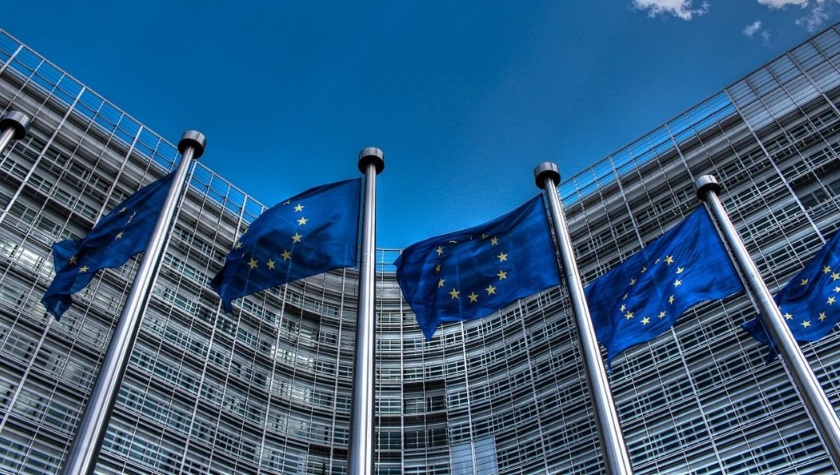The European Union is opening five investigations against Amazon, Apple, Google and Meta for possible violations of the Digital Markets Act (DMA). The EU regulator has announced that it is investigating whether American big techs have failed to comply with the legislation. The DMA came into force in European Union member countries on March 6.
The announcement of the opening of the investigations was made by the EU on its official website and is expected to end within 12 months. Among the points that will be investigated by the European Commission are the policies of the App Store and Play Store; favoring Google services in their own search; the browser choice screen and Meta’s ad-free subscription. In the case of Amazon, the block investigates whether the company favors its products within its marketplace.
Investigations focus on old complaints
Some points of the investigations are not new. For example, the European Union wants to understand whether Google and Apple are making it easier for them to advertise other payment methods in their app stores.
Since the DMA went into effect, the two companies have been required to allow users access to payment methods that do not rely on their billing systems. Apple was the main one affected by the change, as it forbade any mention of it in apps. To comply with the legislation, the creator of the iPhone has created an App Store for European Union member countries.
Recently, we published on Tecnoblog about the increase in the installations of Brave and Opera browsers on iOS located in the EU. The move seems to be an effect of the new browser choice screen, but the Block still has doubts about this feature.
The Verge’s Thomas Ricker, a reporter based in the Netherlands, has published some iOS screenshots that may explain why this topic is being investigated. After the user selects the default browser, the final installation screen within the App Store still explains that the user can change the chosen program — almost like what Google and Microsoft do with Chrome and Edge.
The alleged cases of favoritism of Google and Amazon are easy to understand. The European Union wants to understand whether the two companies are valuing their own products on their platforms. For example, Google prioritizes showing its services, such as Workspace and Shop, in search results.

